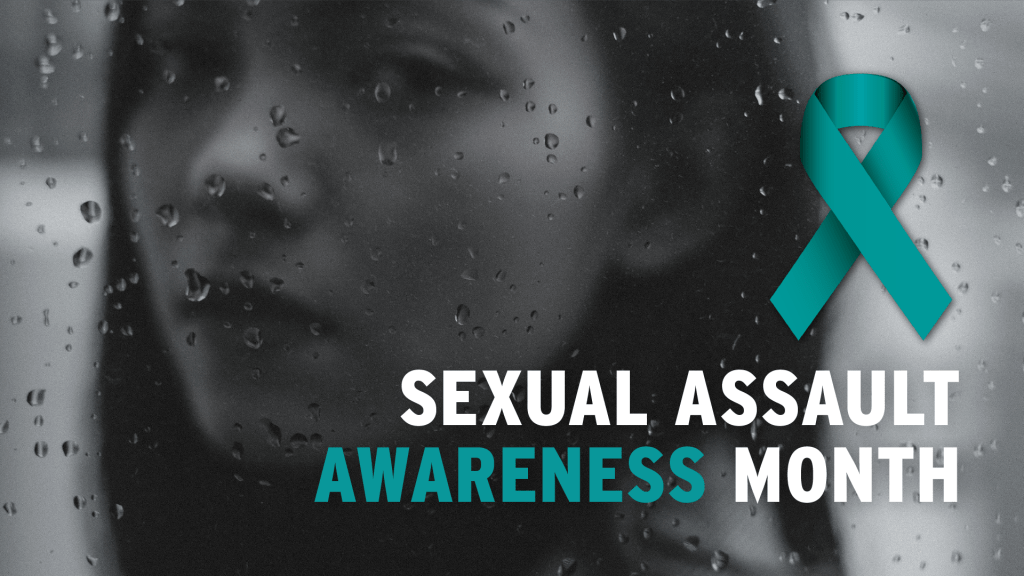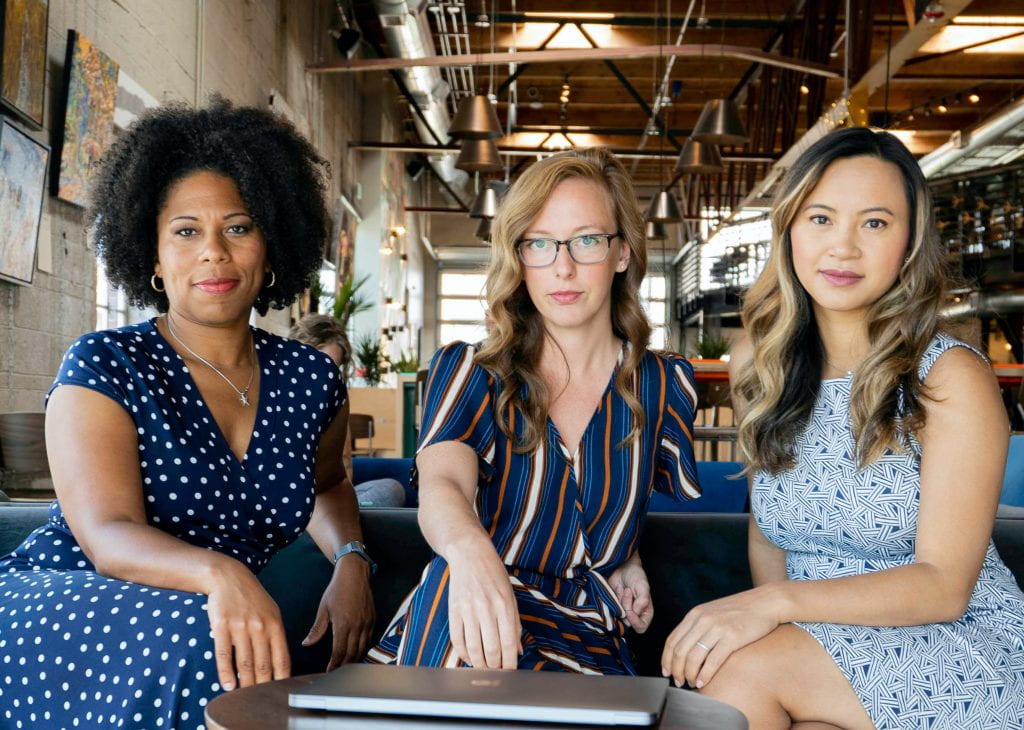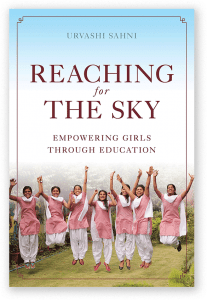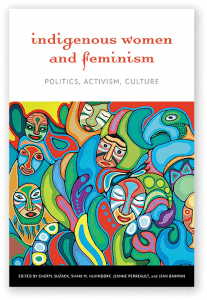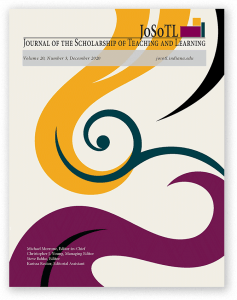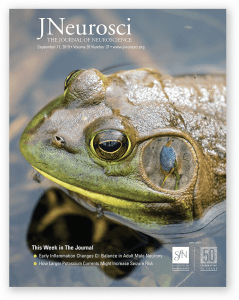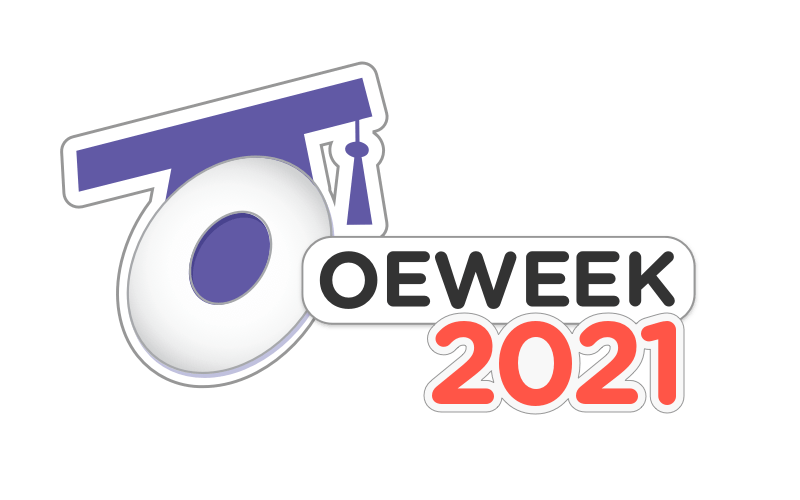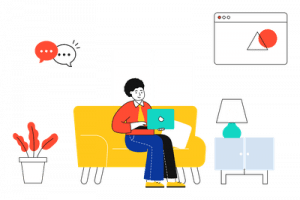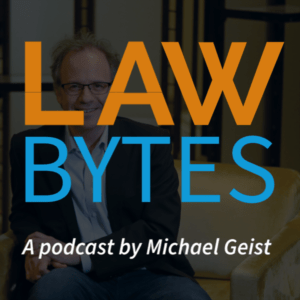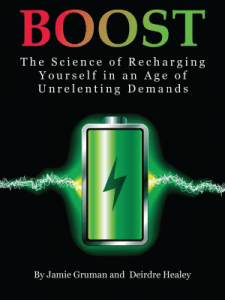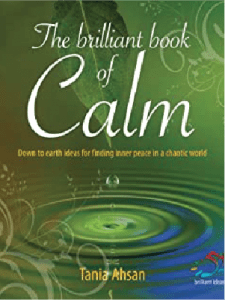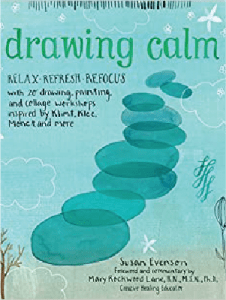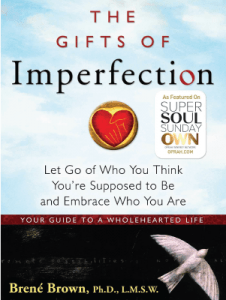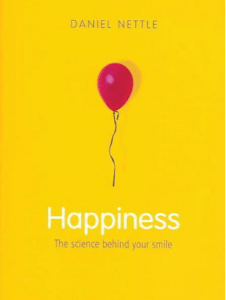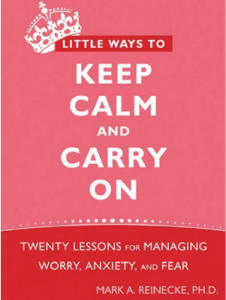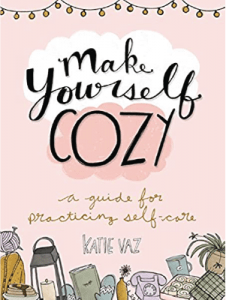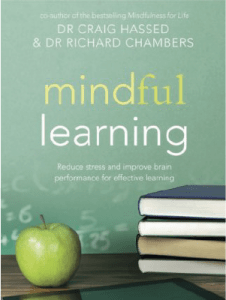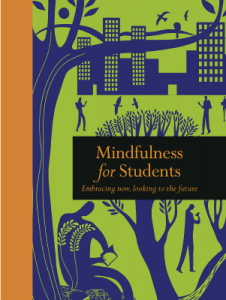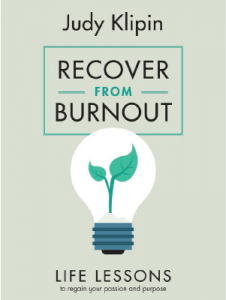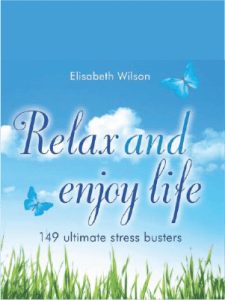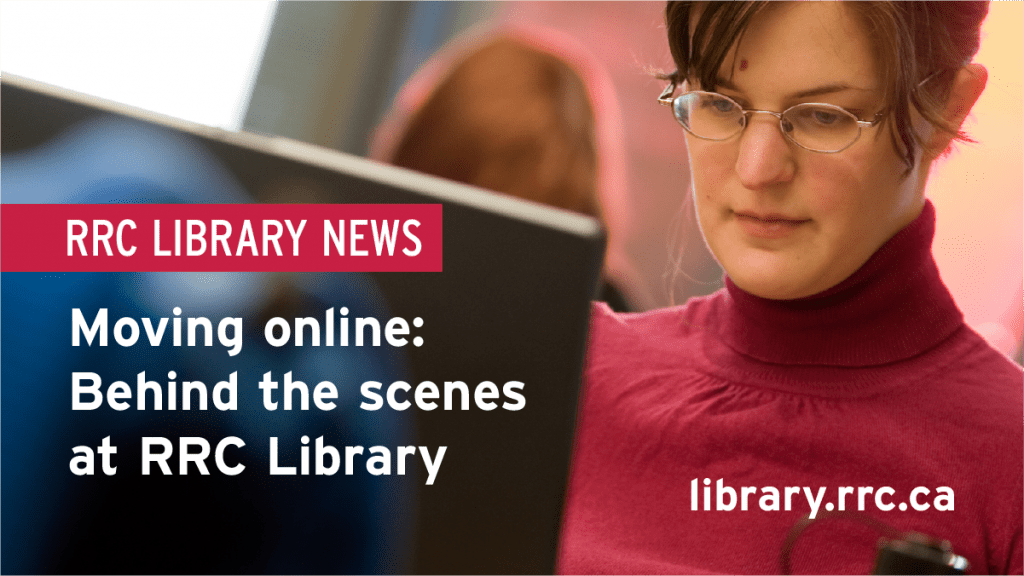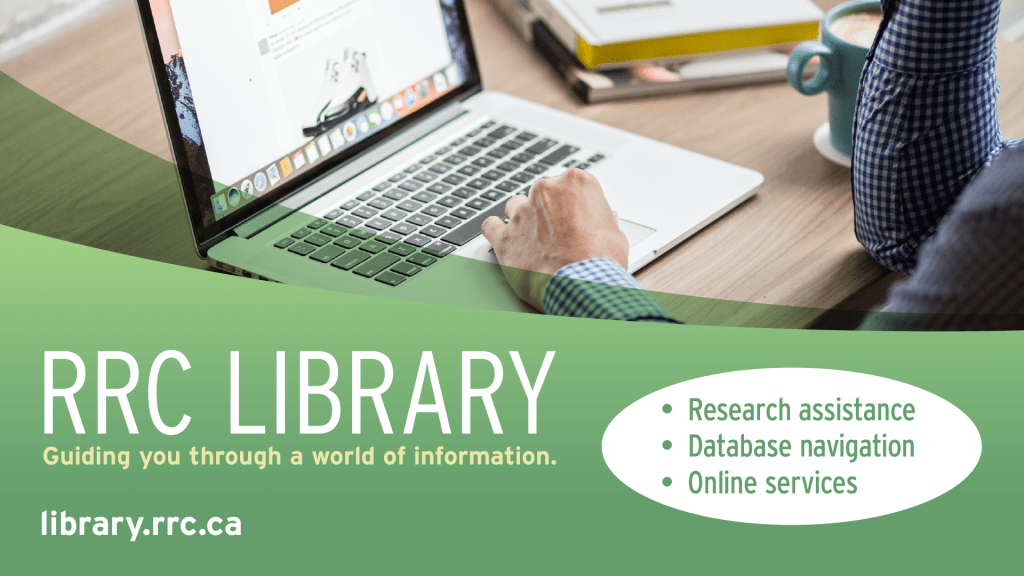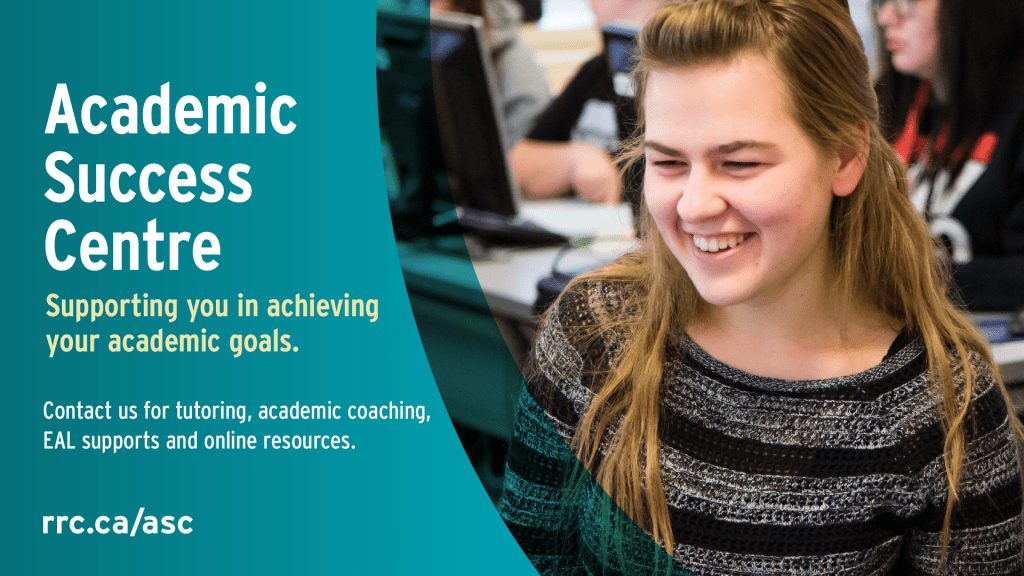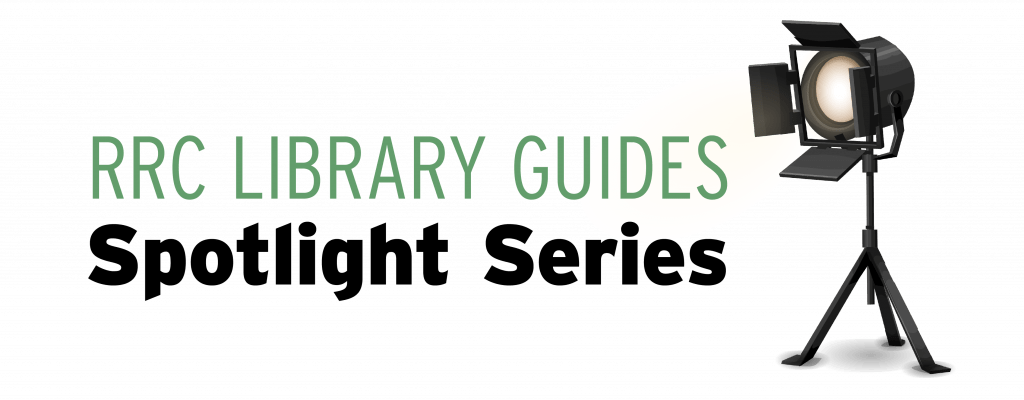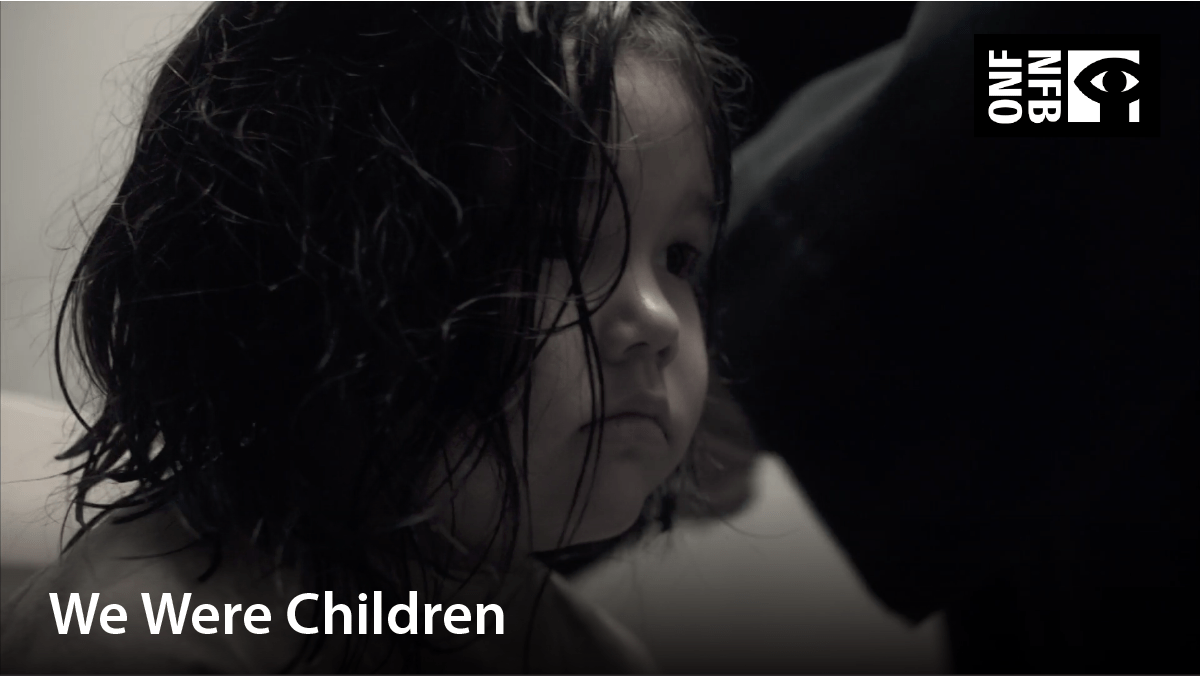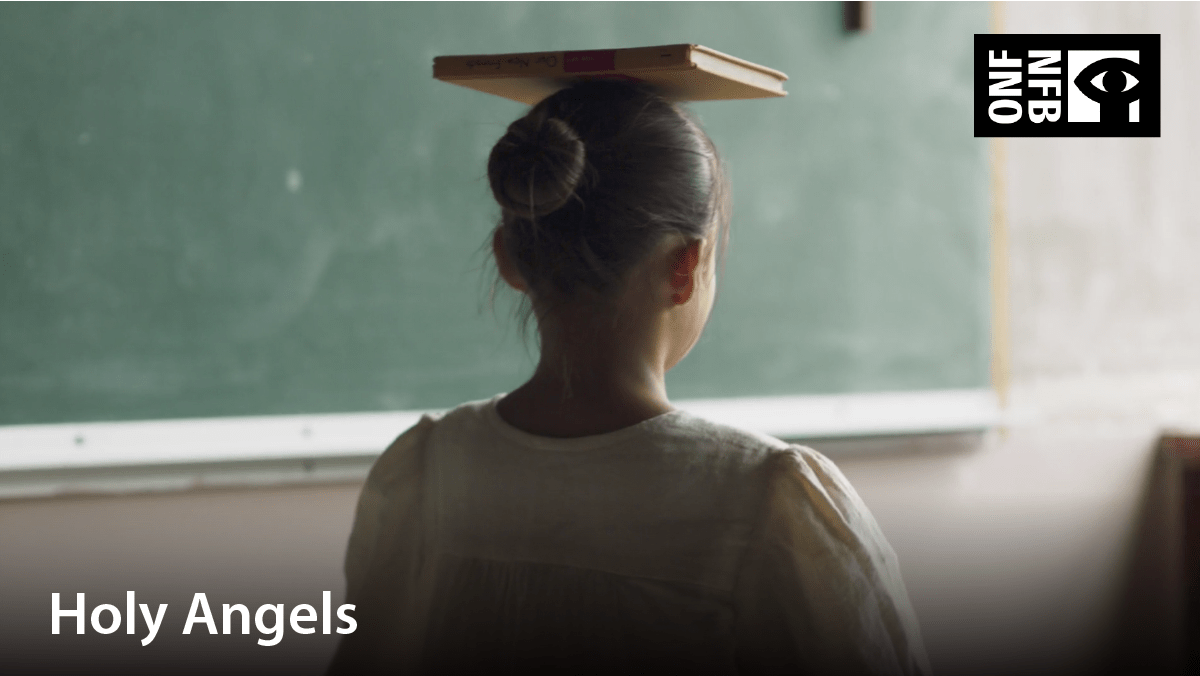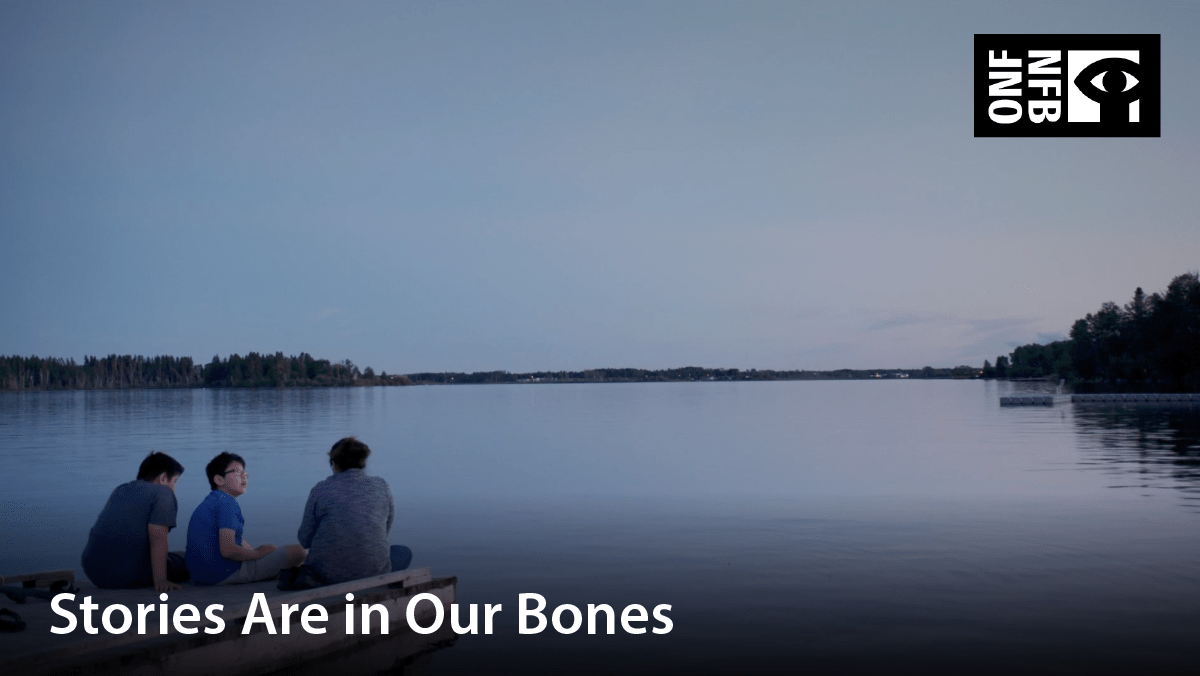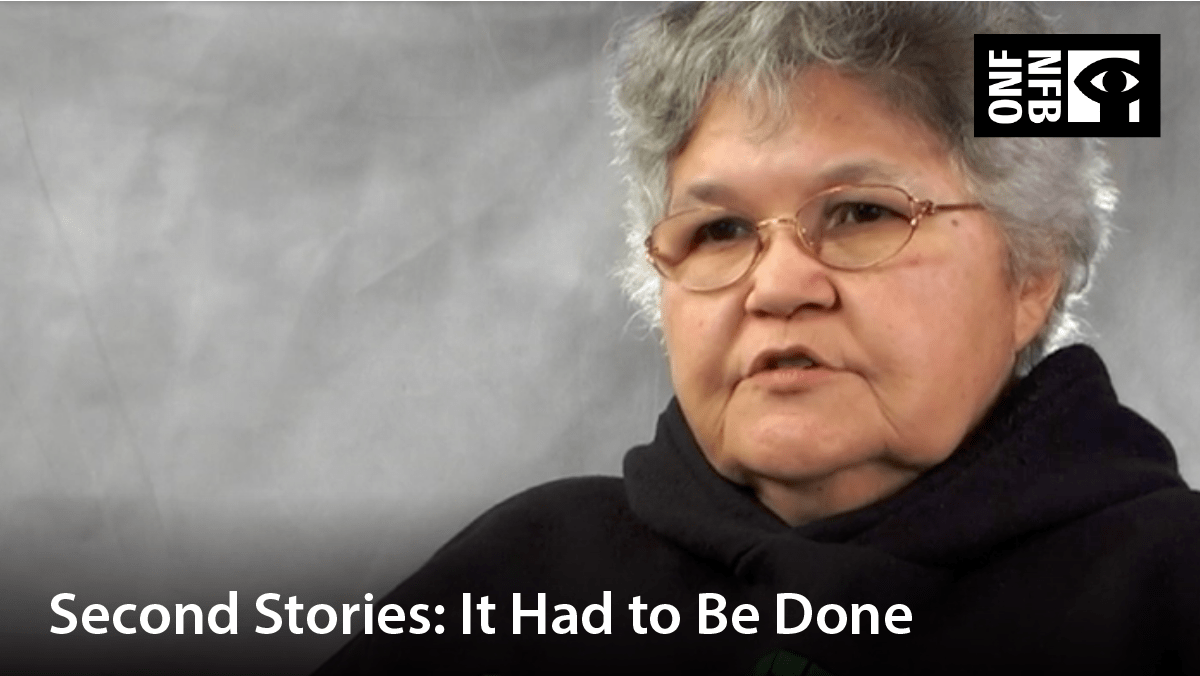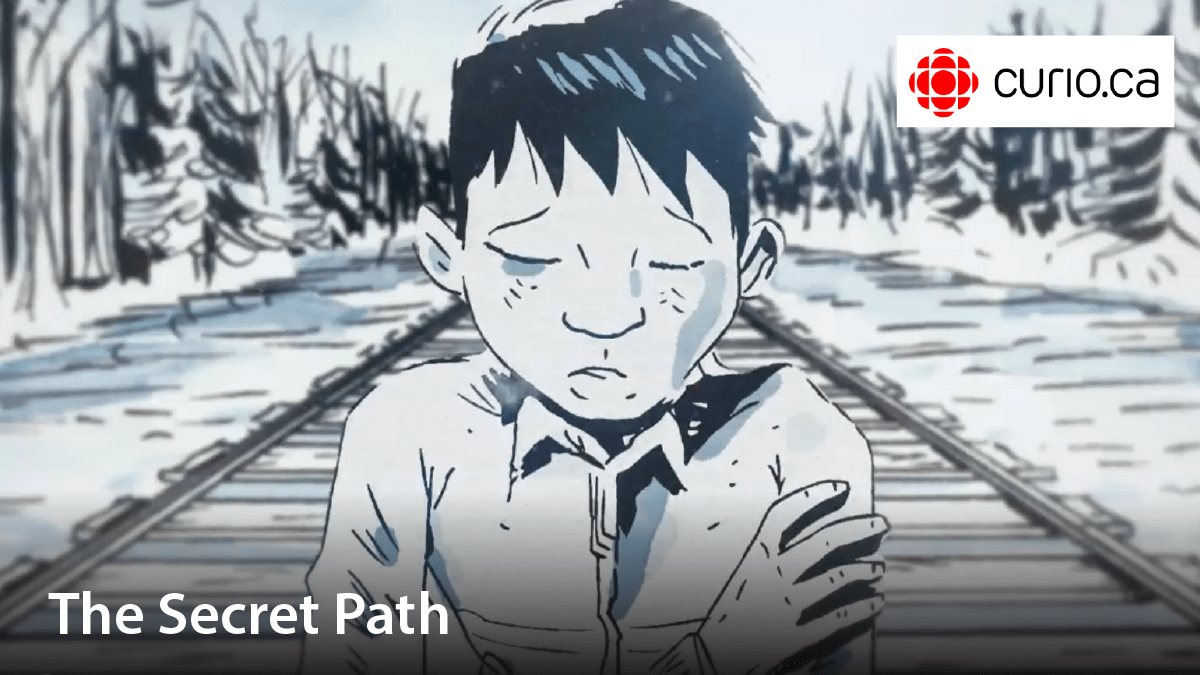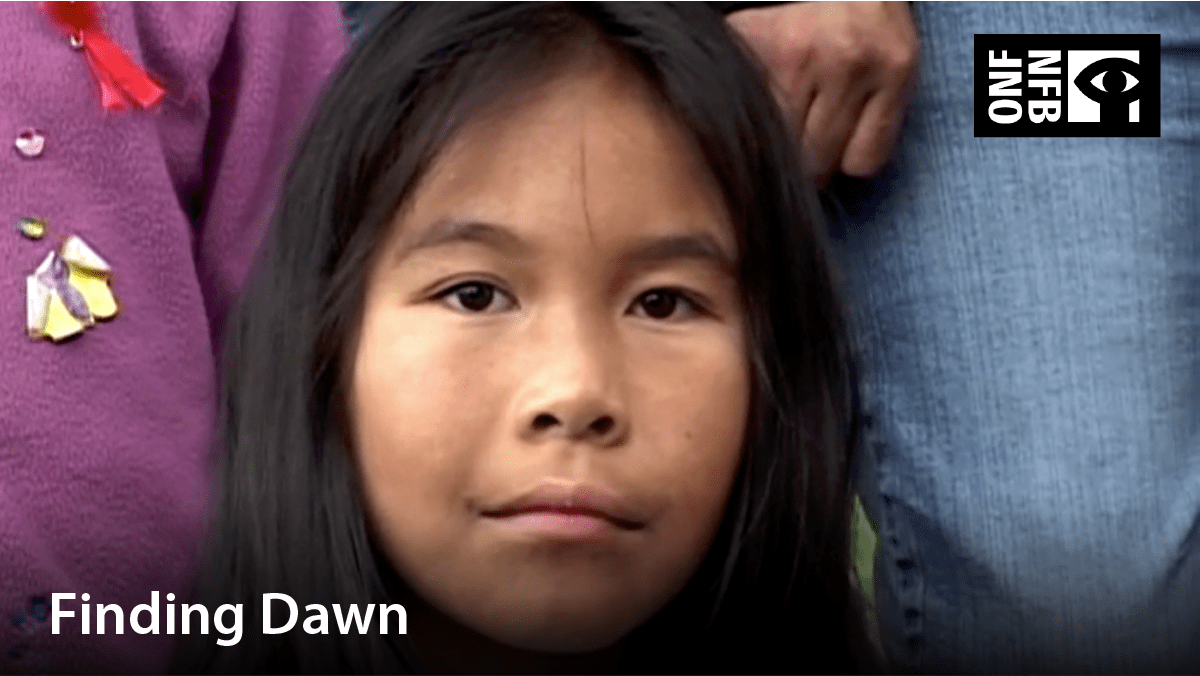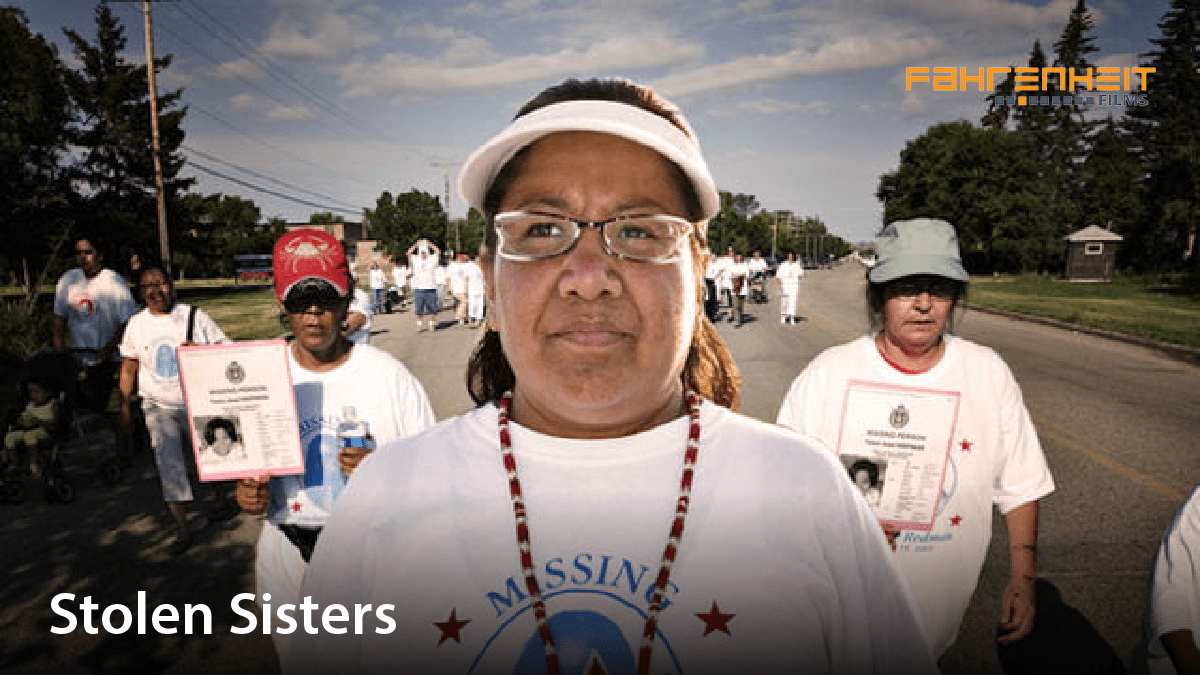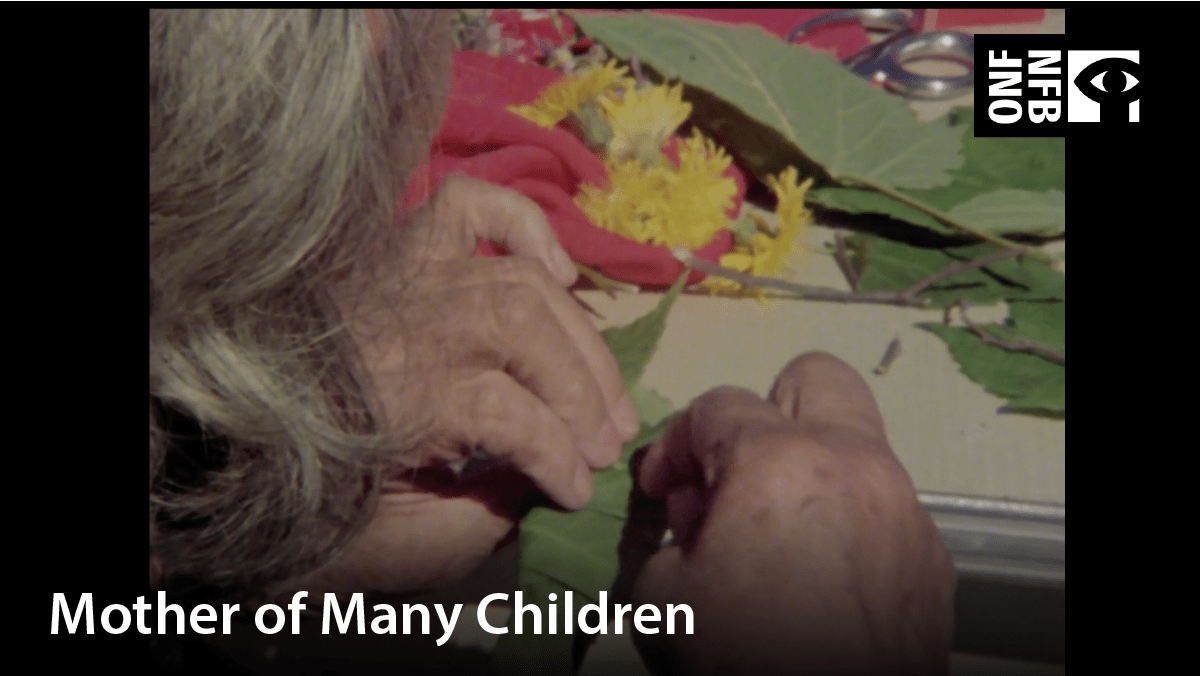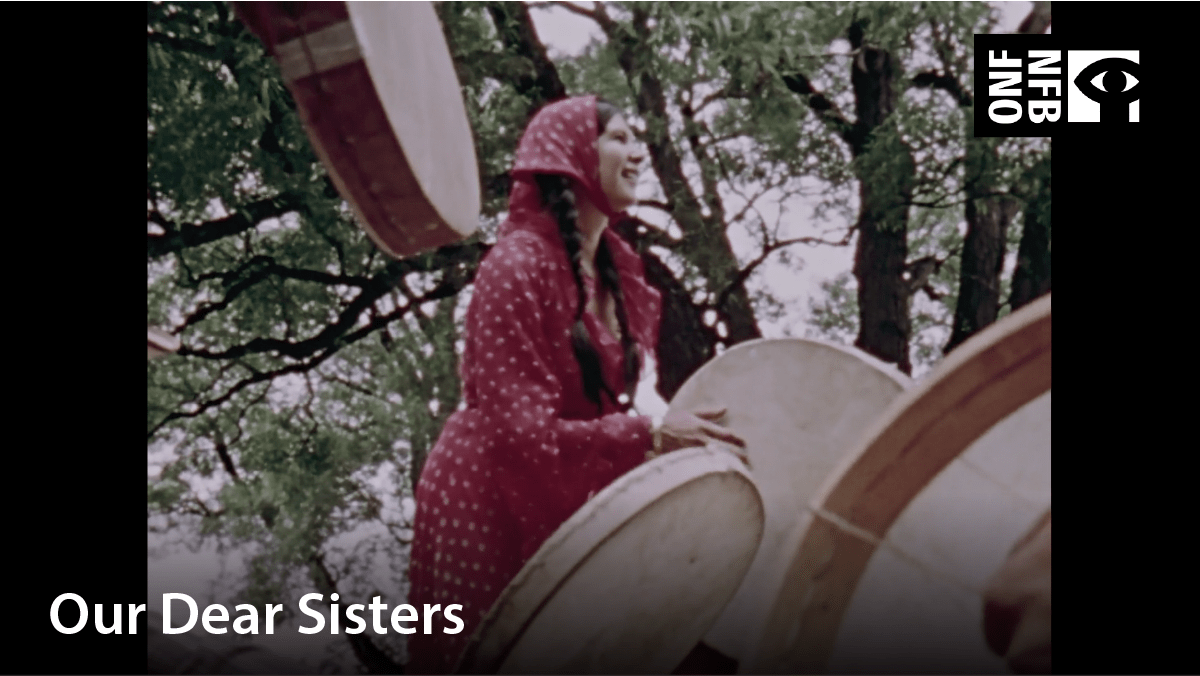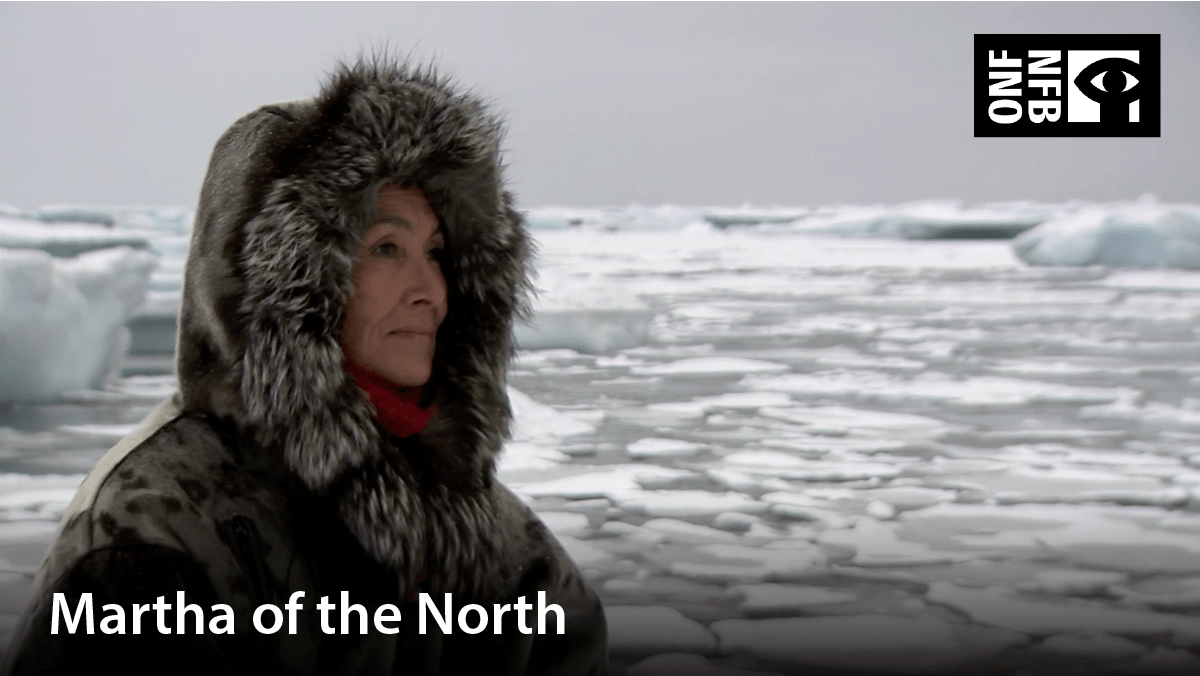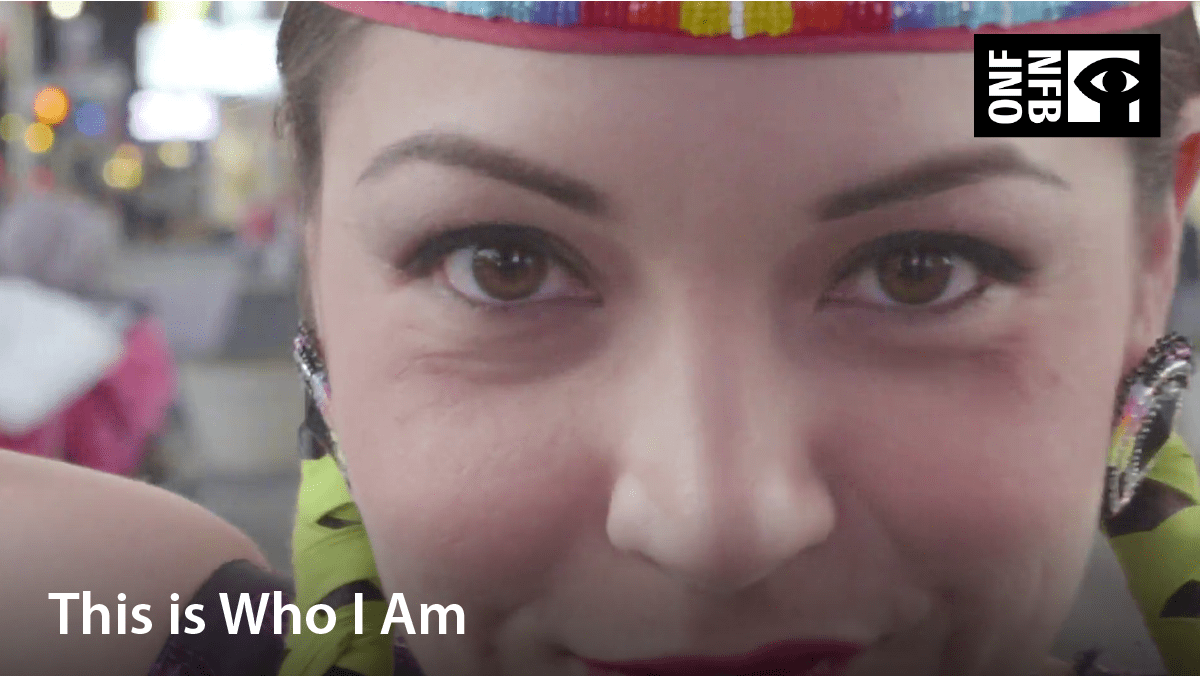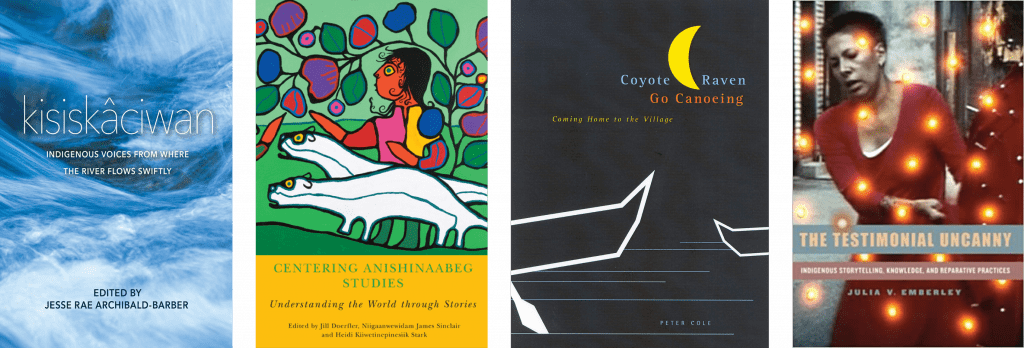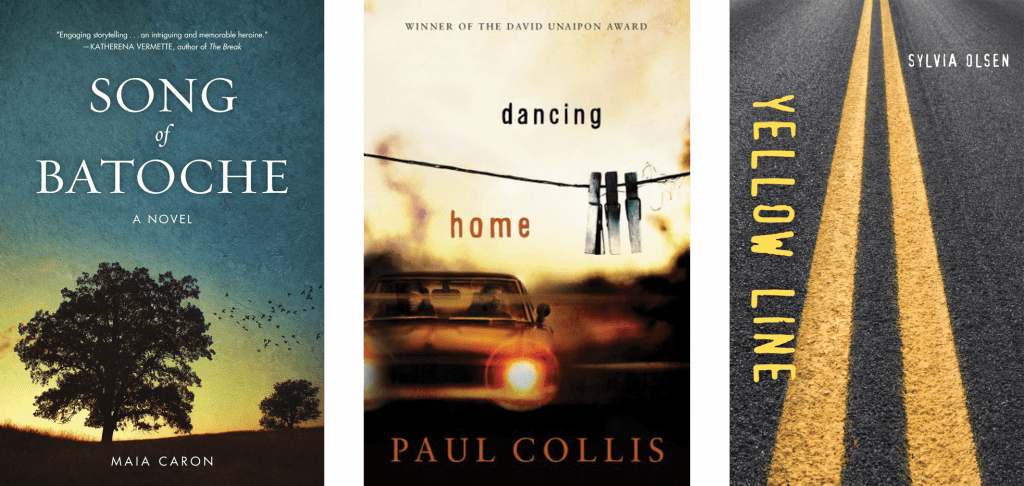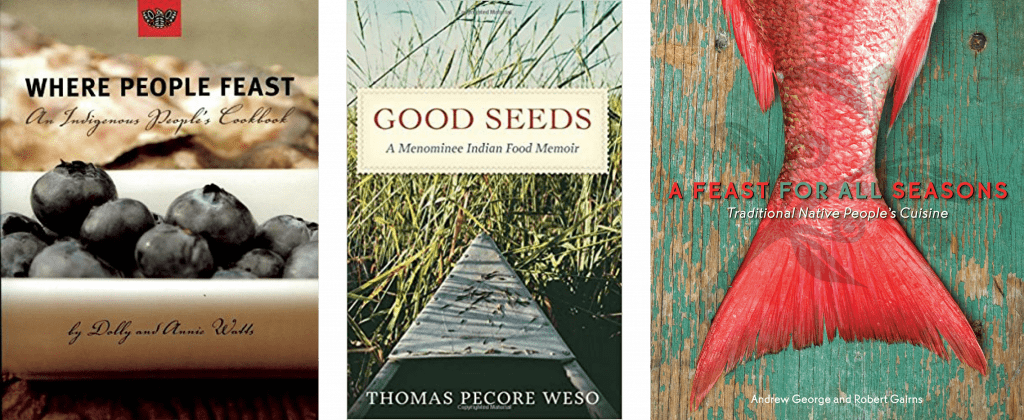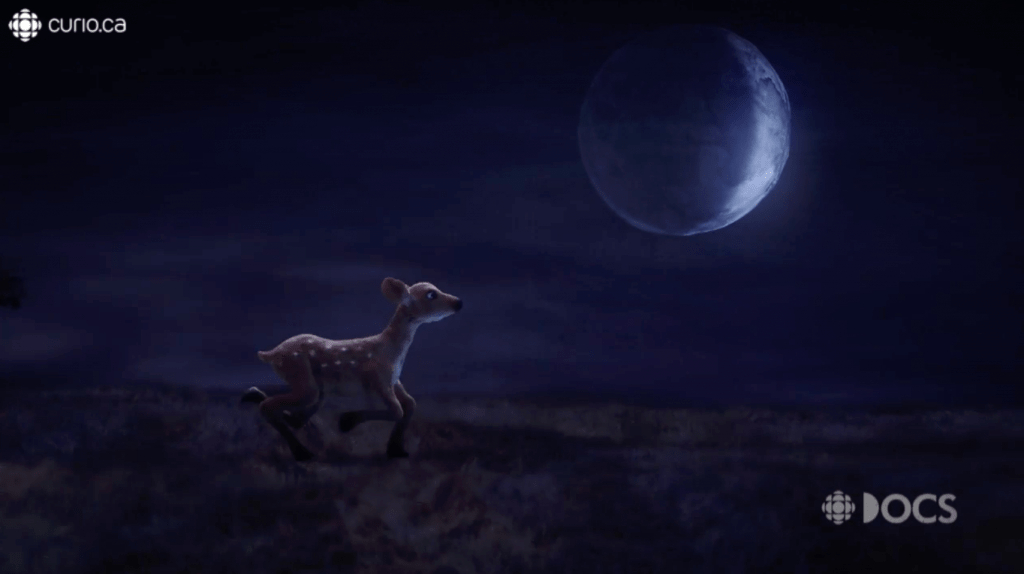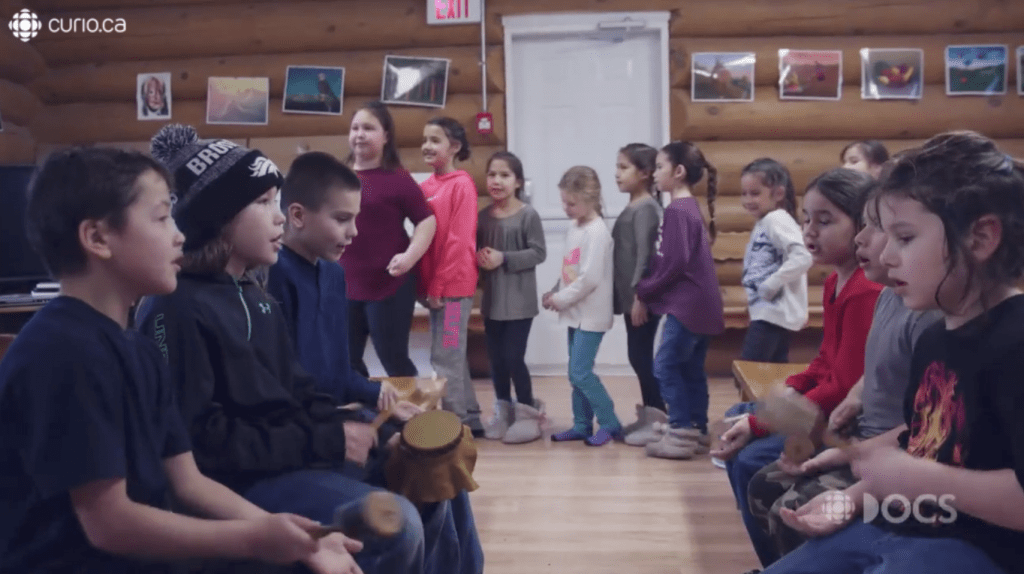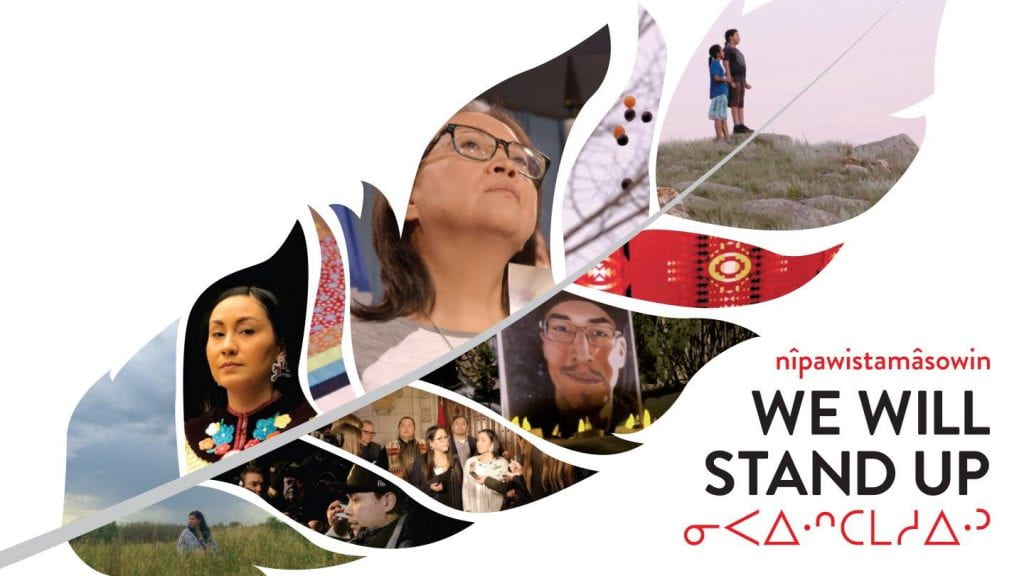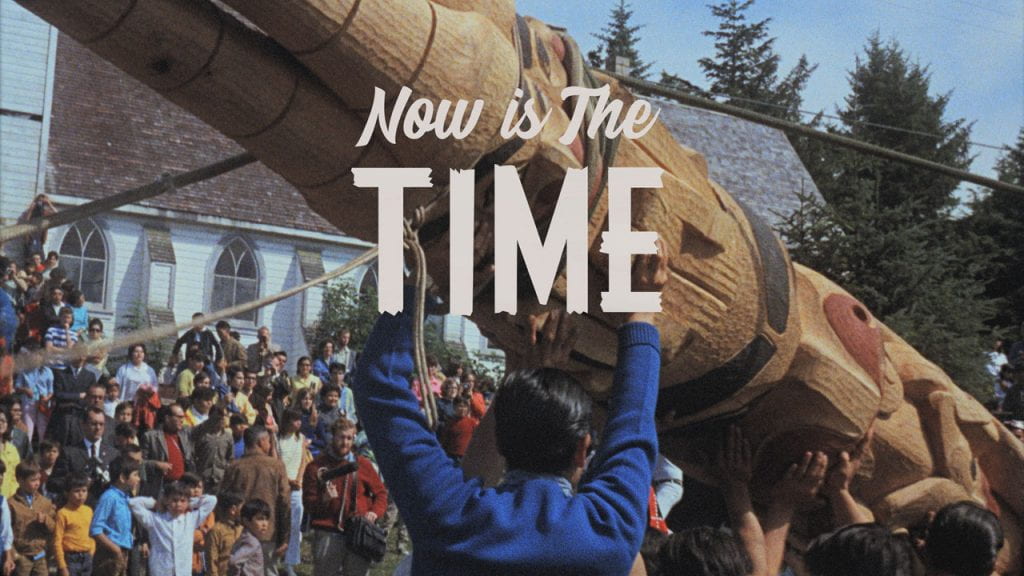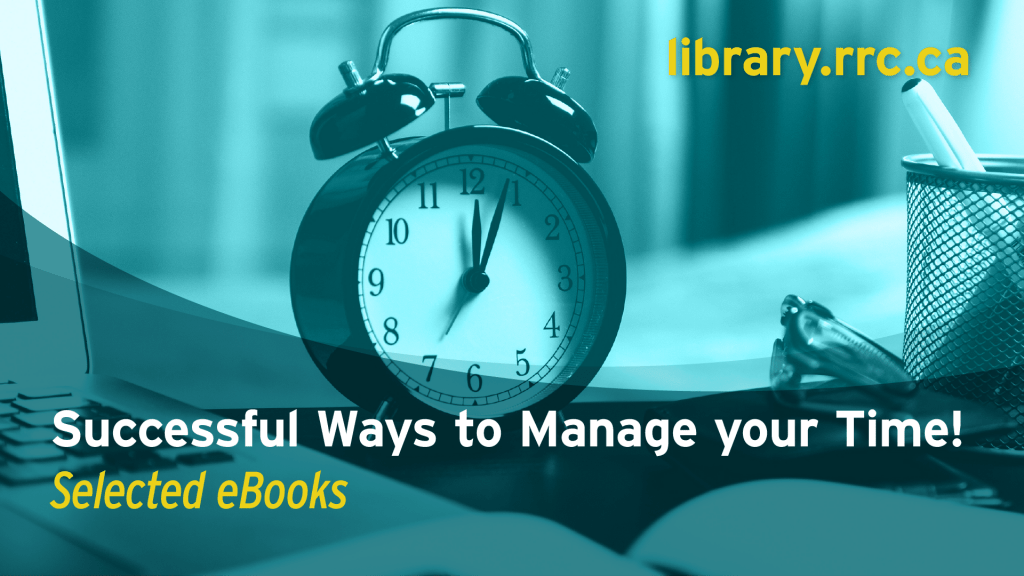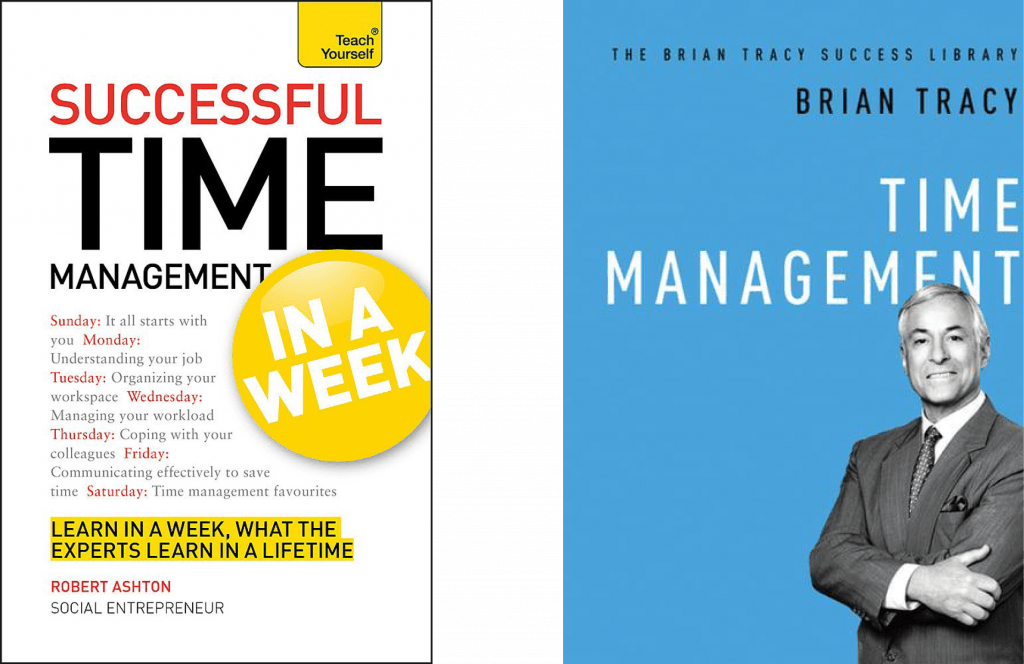Sexual Violence Awareness – A New Guide from RRC Library
Sexual Violence Awareness – Education, Prevention and Supports
April is Sexual Assault Awareness Month (SAAM), a month dedicated to raising awareness about the prevalence and impacts of sexual violence and sharing information about available resources to support survivors of sexual violence. Red River College is committed to creating and maintaining a safe and respectful environment for all members of our College community. This includes a working and learning environment free from all forms of sexual violence.
As part of a sexual assault awareness campaign at the College, a new guide called Sexual Violence Awareness — Education, Prevention and Supports is now available through RRC Library. This guide serves as a jumping-off point for research and resources related to sexual assault and other forms of sexual violence. Within the guide, you will find books, ebooks, videos, websites, and more on topics related to the larger theme of sexual violence.
The Versatility of the Library Guide Format
RRC Library has a broad range of guides, most of which gather together resources on a specific subject area. The guide format is particularly versatile, allowing information to be organized and arranged in multiple ways. Jess Spindler, Resource and Resolution Officer at RRC, was involved in the production of this guide. She describes the value of the library guide format eloquently.
Developing a library guide allowed us to pull together a large number of sources, and present them in a readable, accessible format. One thing I especially like about library guide format is that it allows you to organize readings and resources by subtopic, so the user can find materials specific to what most interests them. — Jess Spindler
An additional feature of guides is that they “are not static, meaning we can continue to add new resources as the literature and body of research grows.”
Fruit of a Collaborative Effort
RRC Library staff are aware that the most valuable guides come from input and collaboration with other College departments, so when Jess reached out to the Library about building this guide, she received a favourable response.
I approached Rosemary Woodby, a staff member at the Library, about an idea to bring together resources on the topic of sexual violence and supports for survivors as part of an awareness campaign for Sexual Assault Awareness Month in April. Rosemary was a pleasure to work with and helped identify a number of current texts within the library’s existing collection to highlight.
This is not the first time a guide collaboration has reaped fruitful results. Other successful joint efforts with Rosemary Woodby involved guides for students in Engineering Technology and Oncology Nursing.
Do you have an idea for a Library Guide?
If you have an idea for a guide that you would like to see developed, please contact us. We would love to hear from you, and we are always open to suggestions!

